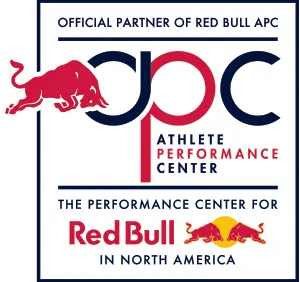Much of recovering from an injury will be mental as opposed to physical. Although physical rehabilitation is certainly going to be important, you can’t hope to embark upon the road to recovery if you’re coming at things with a negative outlook. This tends to be one of the hardest things for athletes to realize, especially as they struggle to reach optimum shape and grow frustrated by their inability to do so.
You have to know your limits and what you can hope to achieve, and going with the advice of a trainer or a sports medicine specialist will be critical in this regard. But for those who are still struggling to cope with the period following an injury, we’d advise taking a look at some of the recovery tips included in a new report.
The first thing that the author goes into is the importance of not going it alone. You simply can’t alight upon the optimum rehabilitation program if you don’t have a professional giving you counsel in this regard. There are people who are qualified to respond to your needs in a way that takes into consideration your unique situation, and not ignoring this advice is the first key to getting back on your feet.
After that comes the rehabilitation regimen itself, which will in many cases start out slow to give you time to acclimate to what will be expected of you. Athletes, especially professionals, are natural competitors and will seek to “beat” the injury as if it were an opponent they could take on.
Don’t make that mistake. Realize that you can’t run up the score early and then coast through the rest of the rehabilitation. At the outset, you probably won’t be expected to do much, and those things you are asked to do will test your mettle as is. Stay within the boundaries of what’s been set for you by your trainer, and don’t exceed that. Even if you’re feeling good, it’s best to tell this to the person guiding you, as he or she can make a judgment about whether to push harder.
By the same token, you also have to listen to your body when it’s not responding the way you want it to. Tales of professional athletes making seemingly miraculous recoveries are commonplace, but you have to realize there are also situations where getting back to the ideal level takes longer than initially assumed. If you start upon a given regimen but find that you’re hurting, you need to cut down on the strain rather than push yourself, as doing so could simply aggravate the injury anew.
Keep a positive attitude throughout all of this and give your body the time it needs to go back to work for you. When you do that, you’ll be surprised at what you can accomplish when all is said and done.
About the author




